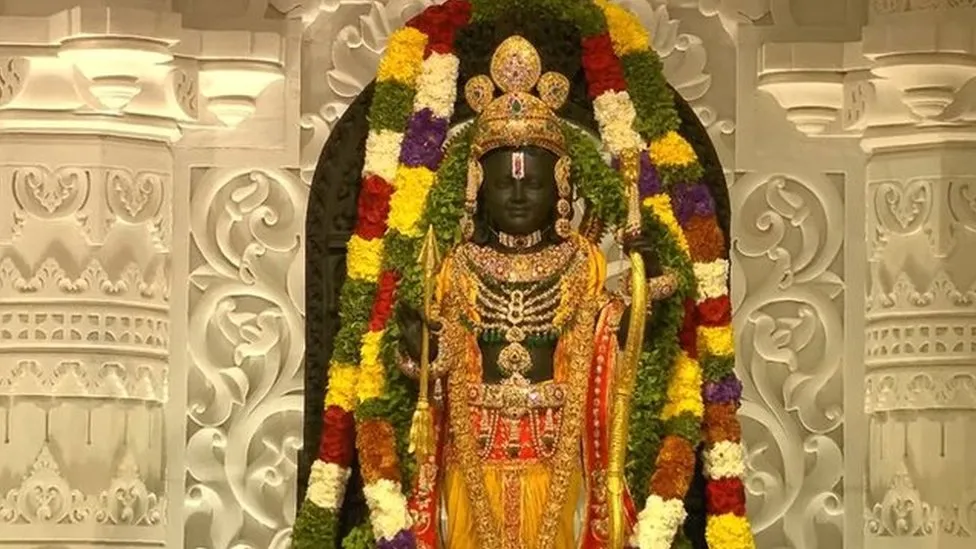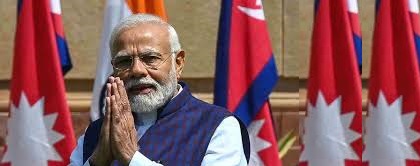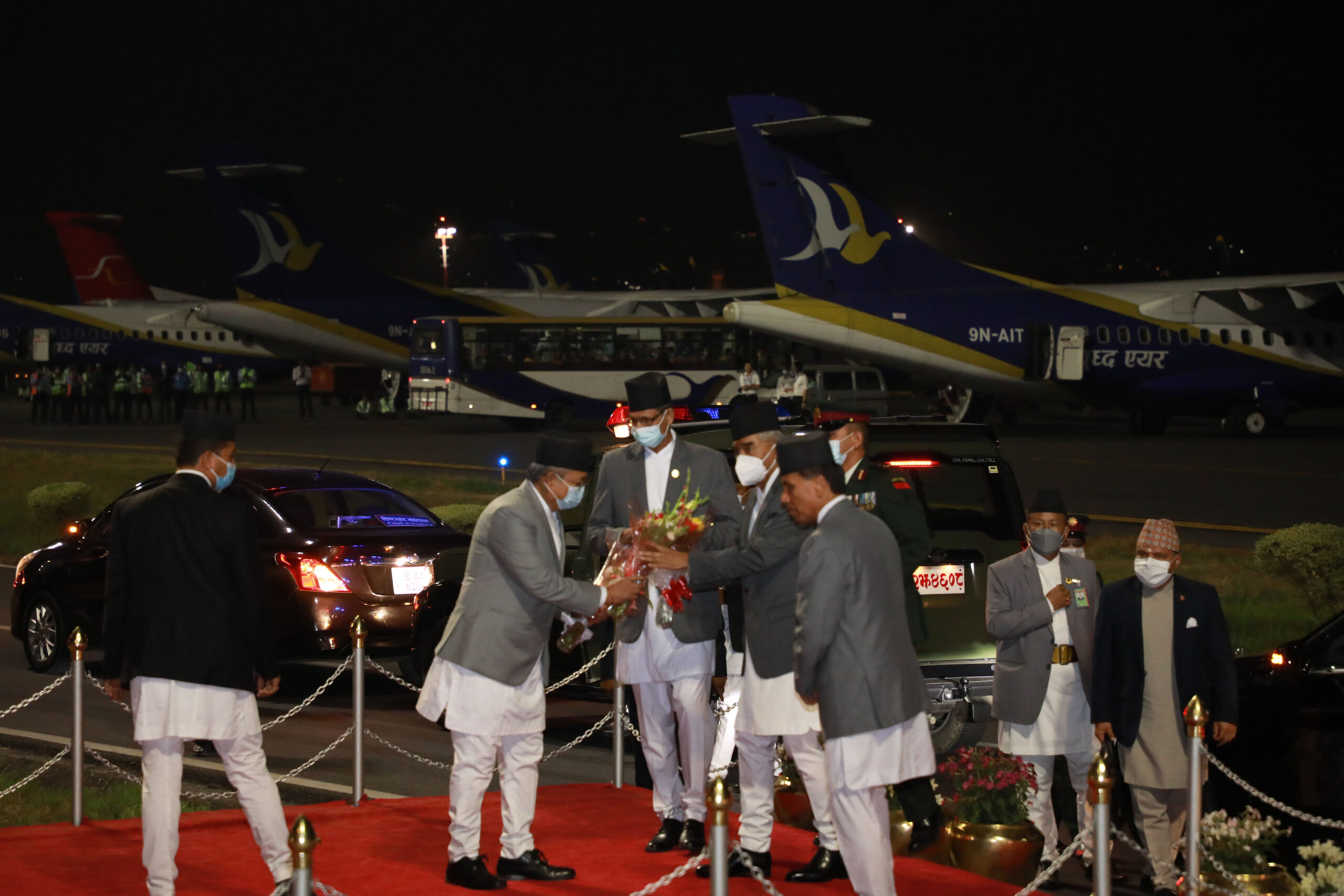Prime Minister Sher Bahadur Deuba returned home on Sunday evening after completing a three-day official visit to India.
Speaking at a press conference held at Tribhuvan International Airport on the sidelines of Prime Minister Deuba’s visit to Nepal, Minister for Foreign Affairs Dr Narayan Khadka expressed confidence that bilateral talks with high level leaders including Indian Prime Minister Narendra Modi during Prime Minister Deuba’s three-day visit would further deepen mutual cooperation. During the meeting, the two Prime Ministers agreed on the Nepal-India Joint Vision Statement on Energy Sector Cooperation to further strengthen long-term cooperation in hydropower with the objective of deepening the close and cordial relations between the two countries. They discussed the need to promote connectivity and infrastructure by building roads, railways, pipelines, transmission lines and air services.
Minister Khadka informed that the following important documents were exchanged between Nepal and India: MoU to enhance technical assistance in the railway sector; The framework agreement of the International Solar Alliance; Agreement between NOC and IOC to supply fuel for 5 years and agreement between NOC and IOC for exchange of technical expertise. Similarly, the Jayanagar-Janakpur Cross Border Rail Link Project, 132 KVDC Solu Corridor Transmission Line Project, construction of 132 health institutions and Rupee Card were inaugurated in the presence of both the Prime Ministers.
During the meeting, Prime Minister Deuba had requested his Indian counterpart for additional air routes from Mahendranagar, Nepalgunj and Janakpur. Minister Dr. Khadka informed that the Prime Minister of India has responded positively to various proposals for development and economic partnership between Nepal and India.
The two Prime Ministers welcomed the recent signing of a Memorandum of Understanding (MoU) on G2G supply of urea and DAP from India to Nepal. Prime Minister Deuba has requested to send the first consignment of 150,000 metric tons of manure to Nepal before the coming monsoon. He thanked his Indian counterpart for India’s assistance in providing Covid-19 vaccine, medicine, liquid oxygen and other medical supplies to Nepal.
Prime Minister Deuba also expressed Nepal’s gratitude for India’s assistance in post-earthquake reconstruction. Trade and transit, culture and tourism, cooperation in the field of agriculture and sugarcane germplasm and other bilateral issues of mutual interest were also discussed during the meeting. The two Prime Ministers discussed the development of National Respiratory Disease Center in Tanahu as an institution for cooperation in the health sector.
The two leaders had a talk on border dispute. Discussions were held on resolving the border dispute through the established bilateral mechanism. Stressing on the need for strong public relations, Prime Minister Deuba said that Nepal attaches high importance to its relations with India.
On the occasion, India requested Nepal to come up with a new proposal to utilize the unspent amount of USD 500 million under LOC-IV proposal. According to the Ministry of Foreign Affairs, both the Prime Ministers mentioned that there is great potential for intensifying economic and development partnership in historic projects like Pancheshwor Hydropower Project. Both sides have stressed on the need to finalize the DPR of Pancheshwor Hydropower Project as soon as possible so that the project can be implemented in mutual interest.
Prime Minister Deuba has also extended an invitation to his Indian counterpart Narendra Modi to visit Nepal.


 NP
NP

